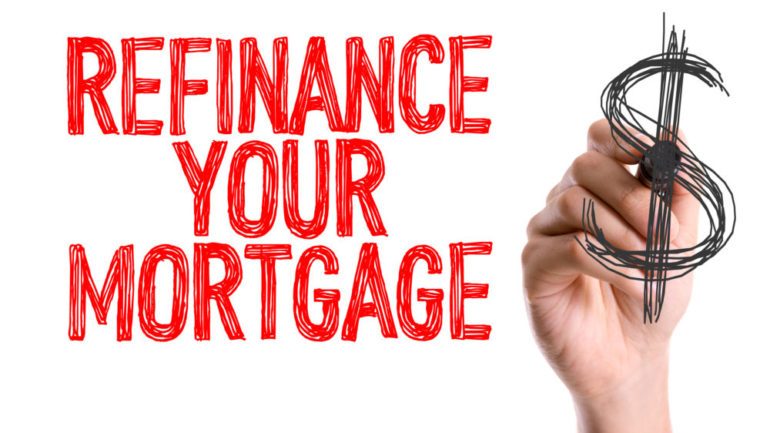Are you in the market to refinance your home? Before signing any paperwork, it’s best to do your homework.
Work the numbers. The top reason for refinancing is to obtain a lower interest rate. Depending on the terms, this could save you several hundred dollars a month. Those savings add up. However, you also need to figure in the cost of refinancing and how long you expect to stay in your current home. If the closing costs are significant — typically an estimated 3 percent to 5 percent of the loan amount — and you envision yourself moving, refinancing may not be a smart idea.
Locking out uncertainty. If you originally signed for an adjustable rate mortgage, (ARM) you may want to switch to a fixed-rate loan before your ARM adjusts. While the adjustable rate may be cheaper now, it may go up dramatically when the fixed period ends. A fixed rate makes sense if you plan to be in the home for a long time.
Times change. If you have had a change in job status or your credit report has suffered, a lender may reject your plan to refinance, even if you always pay your mortgage on time every month.
Appraisal is key. If homes in your neighborhood aren’t selling or have dropped significantly in price, it’s not a good time to refinance. No lender will give you $200,000 to buy a home now worth $150,000.


